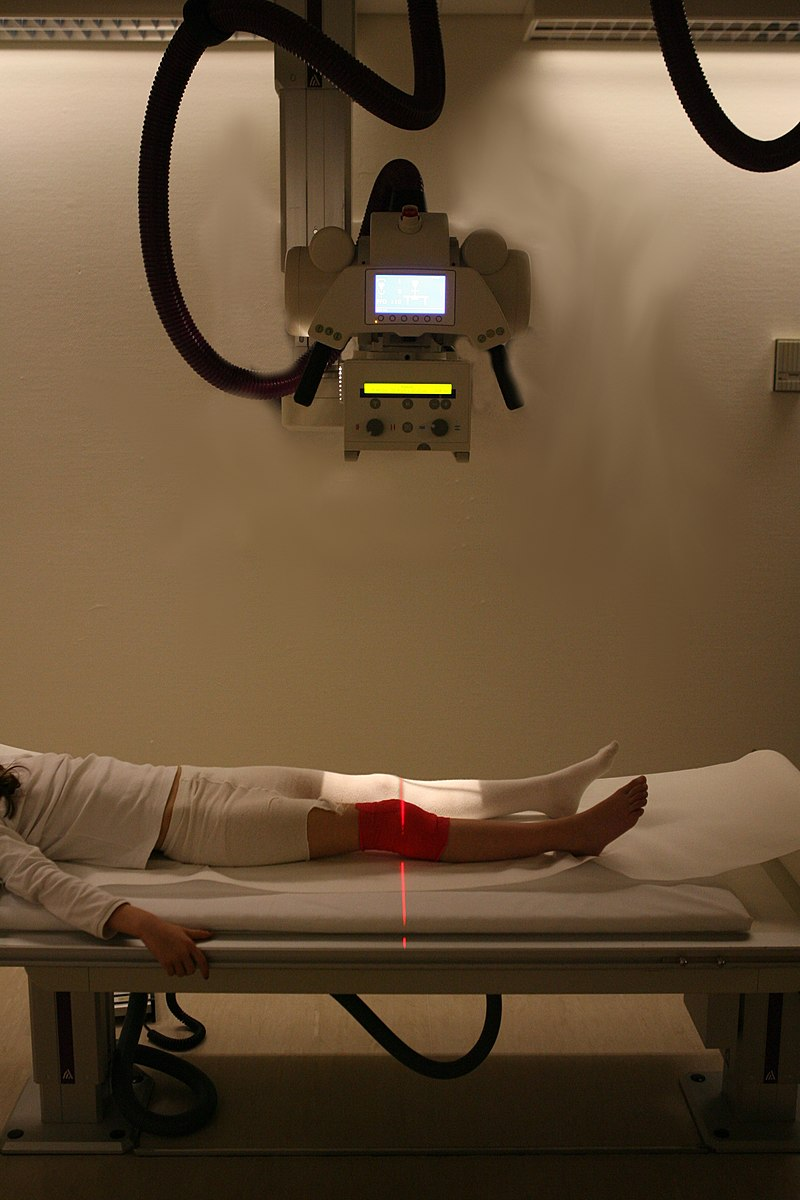Leading conditions in which lab tests are used in establishing diagnosis, treatment, and follow-up management
- Arthritis
- Cancer
- Diabetes
- Endocrine
- Heart Disease
- Hypertension
- Infectious Disease
- Kidney
- Mental Disorders
- Pneumonia
- Pulmonary
- Skin Disorders
- Trauma
Detecting & Treating Disease:
Lab tests are central to good health. They provide physicians with information that lets them diagnose a medical condition and decide how best to treat it. Lab tests have proven vital in improving care, lengthening lives, and enhancing the quality of life in such diseases as:
- Heart disease
- Stroke
- HIV
- Cancer
- Diabetes
- Kidney Disease
The primary mechanism through which lab tests improve care is in helping physicians define a problem and develop an informed diagnosis. From this, flow targeted treatments and management strategies to counter the effects of the disease and improve both the quality and length of life for patients.
Yet the importance of lab tests reach much further. They enable physicians and patients to:
- Identify disease and begin treatment earlier than ever before
- Detect and diagnose diseases before symptoms occur
- Individualize care to meet the unique needs of the individual patient
- Identify health threats before infection spreads
- Employ preventive strategies that reduce the need for invasive care
- Monitor patient progress and adjust treatments accordingly
- Foster cost-savings and greater productivity in health delivery

